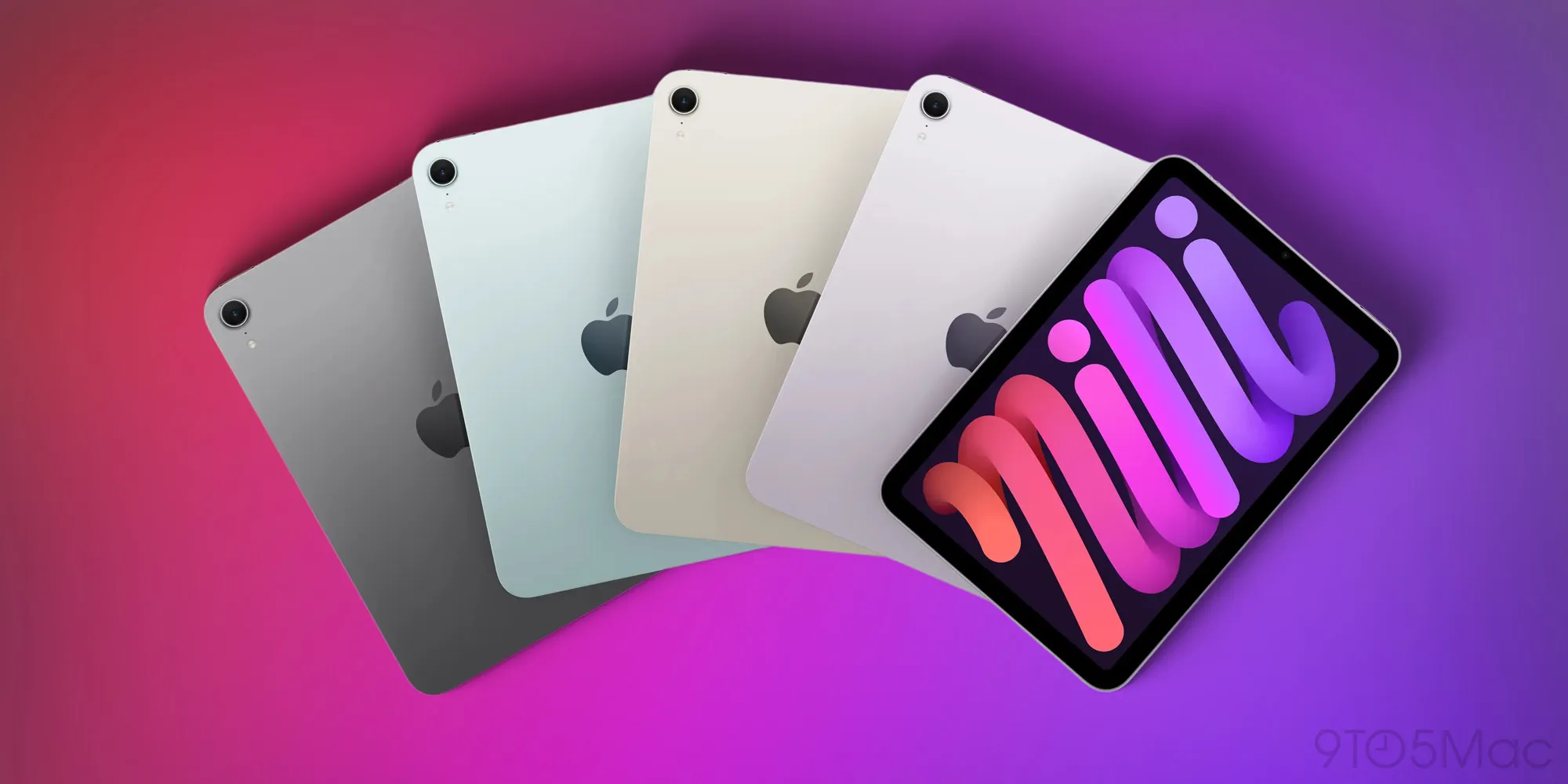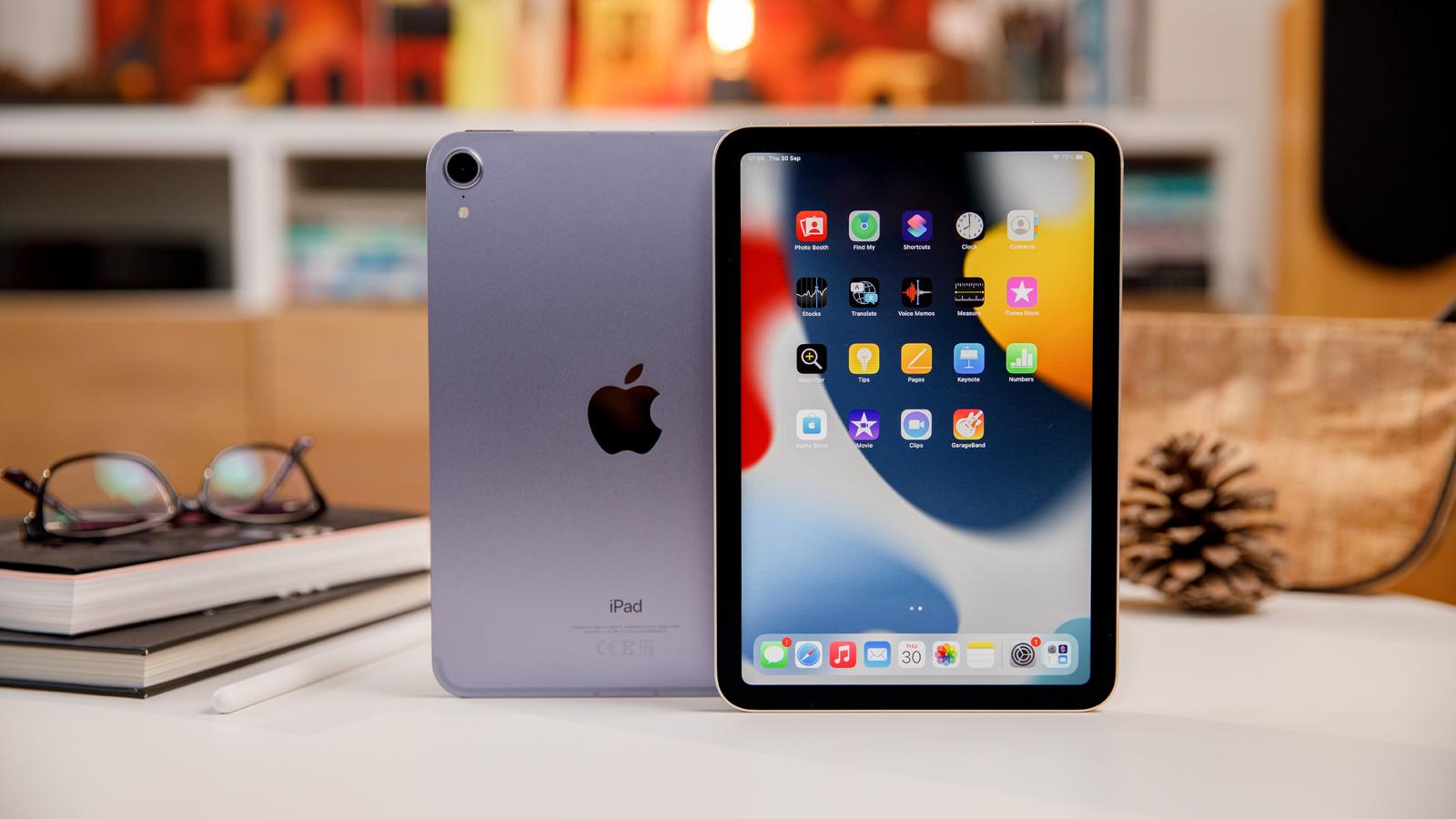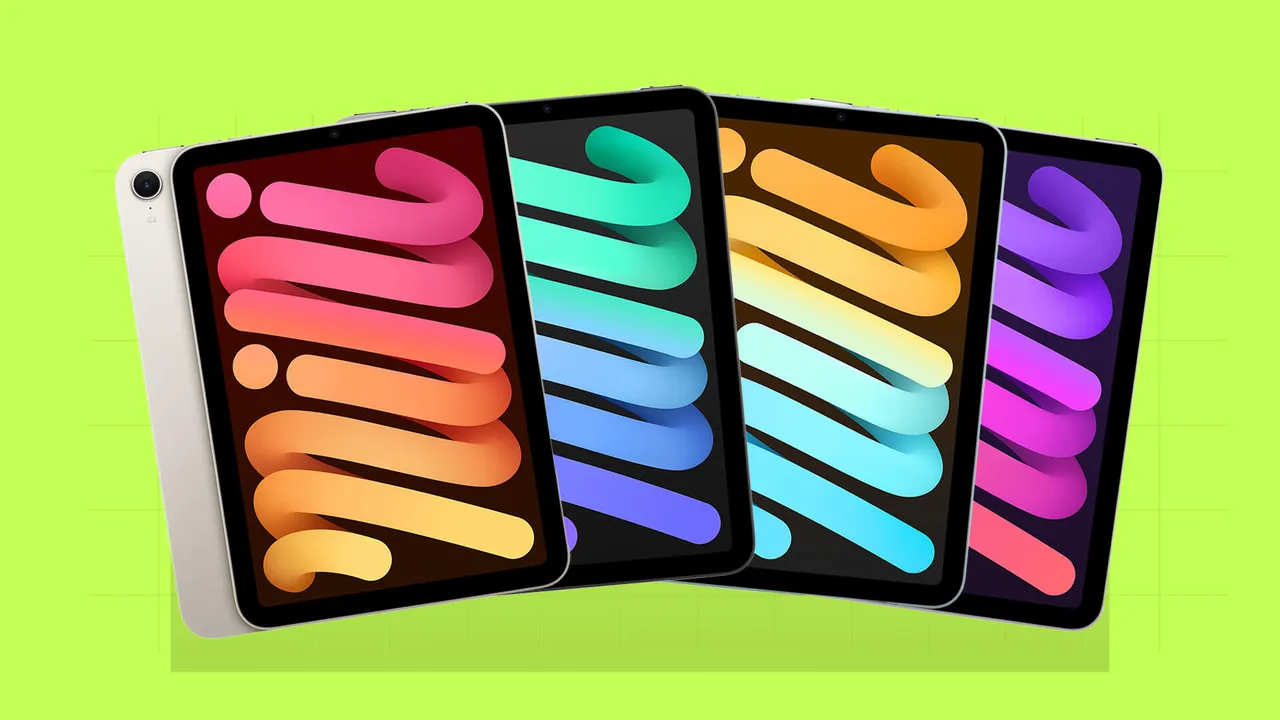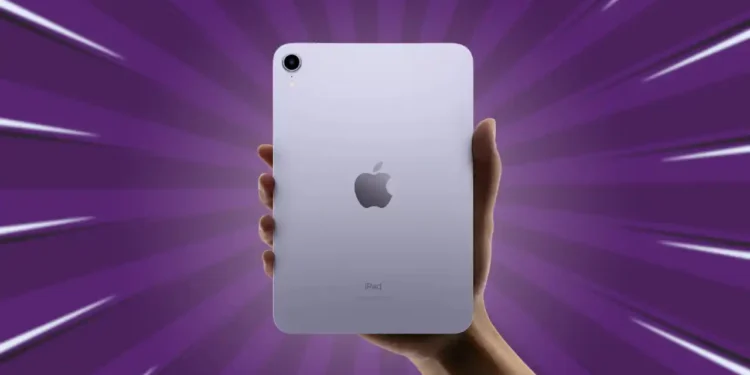Apple’s latest release in the iPad Mini lineup has made waves in the tech community. The seventh-generation iPad Mini, featuring the A17 Pro chip, has officially appeared on Geekbench, providing intriguing insights into its performance. While many expected the usual leap in power and speed, the latest benchmarks reveal a few surprises. Let’s dive into what these results mean for the iPad Mini 7 and how it stacks up against its competitors.

A17 Pro Chip: A Familiar Powerhouse with a Twist
The Geekbench results confirm that the iPad Mini 7 is equipped with Apple’s powerful A17 Pro SoC, first introduced in the iPhone 15 Pro series. However, there’s a key difference between the iPad Mini’s chip and the one powering the iPhone. The iPad Mini features a five-core GPU, whereas the iPhone 15 Pro enjoys a six-core version. This reduction in GPU cores suggests the A17 Pro in the iPad Mini 7 is a “binned” version, which means it may not perform at the same level as its iPhone counterpart in graphics-heavy tasks.
Performance Metrics: What Do the Numbers Say?
Let’s talk about raw performance. The Geekbench results reveal single-core scores ranging from 2,710 to 2,840 and multi-core scores between 6,274 to 6,982. While these are impressive numbers, they sit slightly below the performance of the iPhone 15 Pro, which averages around 2,888 in single-core and 7,169 in multi-core performance.
Still, this doesn’t mean the iPad Mini 7 is underwhelming. In fact, compared to its predecessor, the 2021 iPad Mini (which sported an A15 Bionic chip), the new model offers a substantial boost. The 2021 iPad Mini averaged 2,121 in single-core and 5,367 in multi-core tests, showing just how much more powerful the seventh-generation model is.
A Significant Leap in Memory: 8GB RAM Confirmed
One of the most anticipated upgrades to the iPad Mini 7 was its memory. Previous models were limited by their 4GB of RAM, which felt restrictive for users who needed more power for multitasking and demanding apps. With the latest Geekbench results, we now have confirmation that the iPad Mini 7 indeed comes with 8GB of RAM, marking a significant upgrade. This bump in memory will undoubtedly enhance performance, especially for those using the device for more intensive tasks like video editing, gaming, and heavy app multitasking.

Metal GPU Scores: Slower But Still Impressive
When it comes to graphics performance, the Geekbench Metal tests show that the iPad Mini 7, with its 5-core GPU, clocks a Metal score of 25,895, while the iPhone 15 Pro, with its 6-core GPU, achieves a Metal score of 27,144.
“While the reduction in GPU cores may affect certain high-end gaming or video editing tasks, the performance improvement over the previous iPad Mini is undeniable.”
What This Means for iPad Mini Users
An Enhanced Experience for Everyday Tasks
For users upgrading from the previous iPad Mini, the seventh-generation model brings tangible improvements across the board. With a faster processor, doubled RAM, and a more capable GPU, tasks like web browsing, streaming, and note-taking will feel smoother and faster. Even demanding tasks like running complex apps or multitasking between different programs will see notable improvements.
Power Users May Notice the GPU Difference
However, for users who rely on their iPads for more graphics-intensive work, such as 3D rendering or high-end gaming, the reduction in GPU cores may cause some hesitation. The iPad Mini 7, while powerful, may not deliver the same performance levels as the iPhone 15 Pro in these areas.
“If gaming and graphical prowess are a top priority, it might be worth considering the iPhone 15 Pro or even the iPad Pro for the ultimate performance experience.”
Why the iPad Mini 7 Still Shines
Despite some slower GPU speeds, there’s no denying the iPad Mini 7 is a major upgrade over its predecessor. The increase in memory, along with the A17 Pro chip, ensures that this device remains one of the best compact tablets on the market. Apple’s decision to bring 8GB of RAM and the A17 Pro chip to the Mini is significant, positioning the tablet as a powerful, portable option for both casual and professional users alike.
Is the A17 Pro Chip Underpowered?
While the five-core GPU is slower compared to the six-core variant in the iPhone 15 Pro, it’s essential to remember that the iPad Mini is still a compact tablet designed for portability. For its size, it delivers stellar performance.
“Users looking for a balance between power, portability, and price will likely find the iPad Mini 7 to be a worthy investment.”

The Future of the iPad Mini Lineup
The benchmarks for the iPad Mini 7 set a promising stage for the future of the iPad Mini lineup. With Apple pushing the envelope on both performance and memory capacity, future iterations of the iPad Mini could become even more capable, closing the gap with their iPhone and iPad Pro counterparts.
If Apple continues this trend, we may see even more sophisticated versions of the Mini, complete with higher-performing chips and enhanced memory in future releases, making it a powerful contender in the tablet market.
For those considering the iPad Mini 7, the Geekbench results paint a clear picture: this is a powerful device, particularly for users upgrading from older models. The increase to 8GB of RAM and the A17 Pro chip provide a substantial boost, ensuring the iPad Mini 7 is more than capable of handling daily tasks with ease. However, for users seeking top-tier GPU performance, the slightly reduced power of the five-core GPU might be a factor to weigh carefully.










